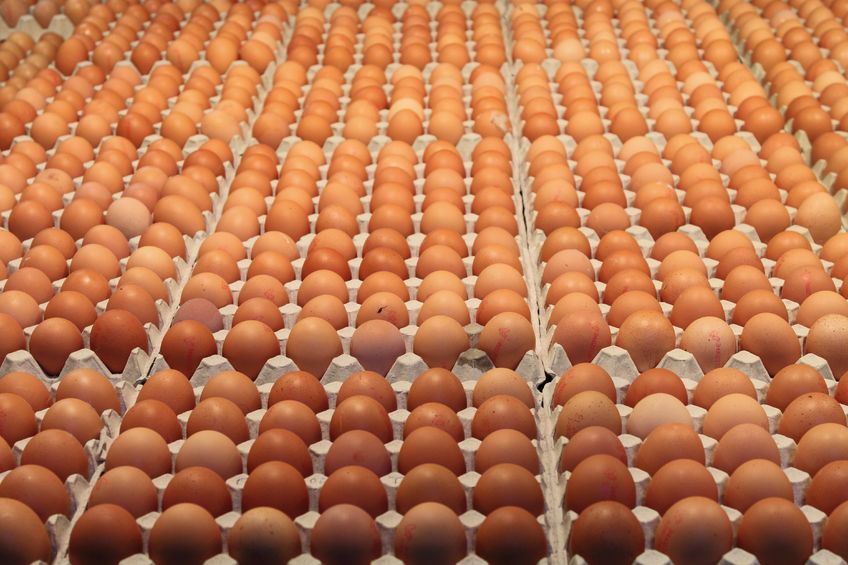
An animal welfare organisation is calling for higher taxes to be imposed on eggs not produced to high environmental and welfare standards.
The call comes in a detailed report, which was presented by Compassion in World Farming (CIWF) held by the All Party Parliamentary Group on Agroecology.
The report argues for far-reaching changes to the UK's food system to address environmental and societal concerns.
In one section of the report, CIWF says that taxes on food should be designed to avoid having an unfair impact on poorer people.
"A tax-related price increase could, if poorly designed, place a greater burden on them than on wealthier consumers," say the report's authors.
"This can be avoided by subsidies on healthy food so that – and this is essential - the overall price of food does not increase; the price of some items will go up while the price of others will decrease."
VAT increase
CIWF suggests VAT could be increased on foods produced to lower environmental and welfare standards.
It says: "One way forward would be to reconsider the current VAT arrangements. At present, all meat, milk, eggs and ready meals are zero rated.
"This should be reviewed; only meat, milk and eggs produced to high environmental and animal welfare standards should be zero rated.
"VAT at the standard rate should be applied to ready meals other than those that are only lightly processed.
"The VAT raised should be used to subsidise the cost of healthy foods," the report adds.
Government ministers have repeatedly insisted that they want to maintain animal welfare standards after the UK's exit from the EU.
This is despite he United States insisting that such standards must be lowered in order to secure a transatlantic trade agreement between the two countries.
During a speech at the Oxford Farming Conference in January, Defra Secretary Michael Gove again sought to assure his audience that the government would protect UK farming standards.
"If we are to maintain our own resilience and reputation for quality, that means we must maintain our own high environmental and animal welfare standards and not barter them away in pursuit of a necessarily short term trade-off."
'Global gold standard'
In its new report, CIWF says it welcomes the government's ambition to "set a global gold standard for animal welfare as we leave the EU."
The organisation says that the best free range systems have small flocks, low stocking density, mobile housing and plenty of trees and bushes.
"Skilful farmers running such systems can manage without beak trimming while achieving low mortality and good plumage scores," it says.
The report cites Maple Farm in Suffolk, which, it says, keeps its hens in flocks of around 300 birds.
"Very much smaller than most commercial flocks," it says. "The hens are stocked at less than 300 per hectare, which means they have much more space than most free range hens.
"The hens are kept in mobile sheds that are moved every three weeks; this makes for healthier birds.
"They have very good ranging behaviour, mainly due to breed selection and small flock size.
"The hens are not beak trimmed but there is very little feather pecking," the report says.
"These are what we need to aim for if we wish to achieve gold standard welfare. Defra should use subsidies and other mechanisms (e.g. tax breaks) to help farmers adopt such systems."
CIWF also calls in the report for labelling to be extended: "Consumer demand is being impeded by lack of clear information at point of sale as to how meat and dairy products have been produced.
"Since 2004 the law has required eggs and egg packs to be labelled as to farming method. This has been an important factor in the substantial shift away from cage eggs; 54 per cent of UK egg production is now free range."
